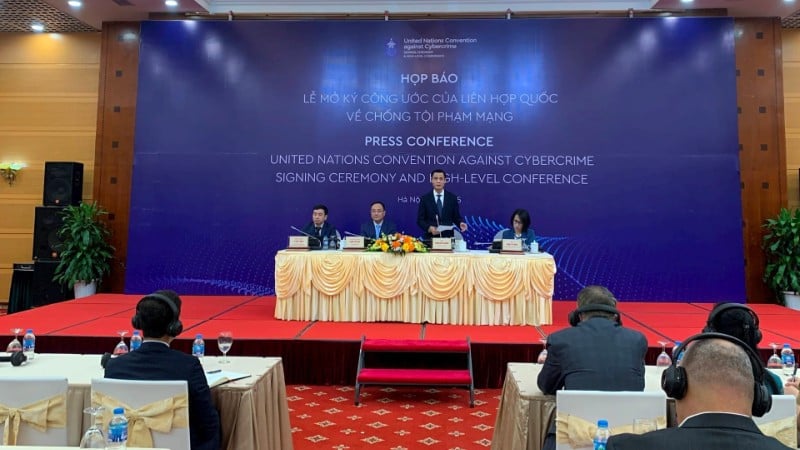
This is a great achievement of multilateralism, although the path to implementing the Convention still has many challenges.
Urgent request
Information and communication technology plays an important role in helping countries promote socio-economic development and more effective international integration. However, cyberspace also poses many risks to the security, sovereignty and territorial integrity of each country. Ensuring cyber security is a common challenge for the international community, including Vietnam. Our country is one of the countries with the highest internet penetration in the world, with 79.8 million internet users as of early 2025, equivalent to about 80% of the population.
Sharing about the situation and work of preventing cybercrime in Vietnam, Major General Le Xuan Minh, Director of the Department of Cyber Security and High-Tech Crime Prevention ( Ministry of Public Security ), said that the situation of cybercrime in our country is complicated in terms of scale, nature and level of influence. Criminal groups have shifted from small, simple attacks to organized attacks, targeting key national systems as well as businesses that play an important role in the economy. Authorities have deployed many measures and increased coordination with police and law enforcement agencies of other countries to jointly fight this type of crime. However, with the characteristic of having no borders, cyberspace can only be protected if countries join hands in the fight against hackers.
Vietnam is one of the countries that has consistently supported the negotiation of the United Nations Convention against Cybercrime since 2019. Deputy Foreign Minister Dang Hoang Giang emphasized that during the negotiation process, Vietnam has contributed many important contents, including basic principles such as ensuring national sovereignty in cyberspace and principles of international cooperation. In addition, we have also been very active in coordinating, leading discussions and negotiating the provisions of the Convention.
Vietnam’s efforts have received support and appreciation from the international community. The fact that the name “Hanoi Convention” is included in the text of the Convention reflects the countries’ recognition of Vietnam’s practical contributions to the process of developing this document.
Determined to overcome challenges
According to Major General Le Xuan Minh, as a country participating in the process of building the Convention from the early days, Vietnam hopes that the Convention will be implemented soon in countries that have ratified it early. At the same time, Vietnam is also aware of the need to ratify the Convention early. The representative of the Ministry of Public Security emphasized that after signing the Convention, Vietnam will review relevant legal systems to prepare for the earliest ratification of the Convention.
Key measures include amending the Law on Cyber Security (merging with the Law on Cyber Security); perfecting the legal system related to Criminal Procedure to be able to implement contents such as exchanging criminal information, transferring data, extraditing criminals and recovering criminal assets. In particular, Vietnam will establish a 24/7 coordination mechanism as required by the Convention, hoping to be one of the countries that soon ratify and implement the Convention.
Determined to promote its pioneering role and lead global cooperation in the field of cyber security, Vietnam has a great opportunity to take advantage of international resources, especially in technology, to build a safe and peaceful cyber environment. The event is an opportunity for Vietnam and other countries to share and exchange experiences and modern technology to help effectively respond to cybercrime.
Along with opportunities come challenges. The ratification of the Convention is just the beginning. In the implementation process, countries need to make efforts to reconcile different viewpoints, find common ground, strengthen connections and maintain goodwill for cooperation. Differences in institutions, legal systems or human resources are barriers to effective cooperation on a global scale.
Sharing about the difficulties, Deputy Minister Hoang Giang stated that the key issue is people; each officer and citizen needs to improve their qualifications, awareness, capacity and courage to be able to cooperate and share experiences with the international community in preventing crime in general and cybercrime in particular.
The road to implementing the Convention is still arduous, but with the mettle and experience that have been affirmed in a series of international activities, Vietnam is determined to continue to make efforts and proactively contribute to global cooperation to solve the problem of cybercrime - a cross-border challenge in the digital age.
Source: https://nhandan.vn/chia-se-trach-nhiem-bao-ve-khong-gian-mang-post914532.html



![[Photo] General Secretary attends the parade to celebrate the 80th anniversary of the founding of the Korean Workers' Party](https://vphoto.vietnam.vn/thumb/1200x675/vietnam/resource/IMAGE/2025/10/11/1760150039564_vna-potal-tong-bi-thu-du-le-duyet-binh-ky-niem-80-nam-thanh-lap-dang-lao-dong-trieu-tien-8331994-jpg.webp)
![[Photo] Opening of the World Cultural Festival in Hanoi](https://vphoto.vietnam.vn/thumb/1200x675/vietnam/resource/IMAGE/2025/10/10/1760113426728_ndo_br_lehoi-khaimac-jpg.webp)
![[Photo] Ho Chi Minh City is brilliant with flags and flowers on the eve of the 1st Party Congress, term 2025-2030](https://vphoto.vietnam.vn/thumb/1200x675/vietnam/resource/IMAGE/2025/10/10/1760102923219_ndo_br_thiet-ke-chua-co-ten-43-png.webp)


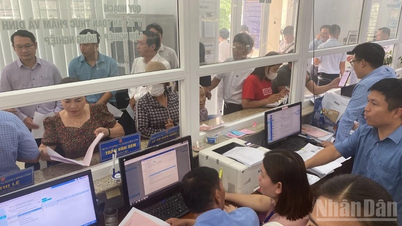
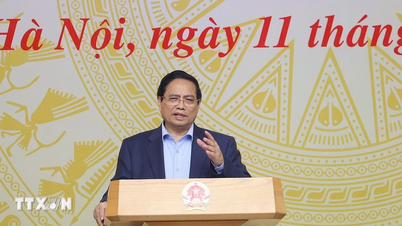

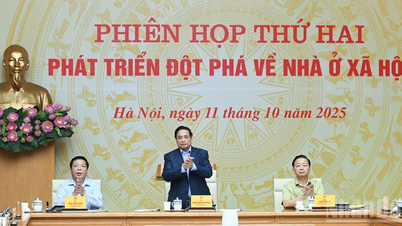



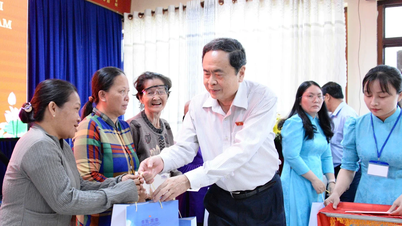




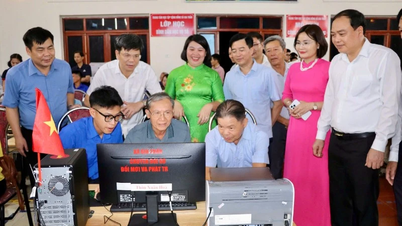
![[Photo] General Secretary attends the parade to celebrate the 80th anniversary of the founding of the Korean Workers' Party](https://vphoto.vietnam.vn/thumb/402x226/vietnam/resource/IMAGE/2025/10/11/1760150039564_vna-potal-tong-bi-thu-du-le-duyet-binh-ky-niem-80-nam-thanh-lap-dang-lao-dong-trieu-tien-8331994-jpg.webp)

![[Infographic] Vietnam tourism grows impressively in the first 9 months of 2025](https://vphoto.vietnam.vn/thumb/402x226/vietnam/resource/IMAGE/2025/10/11/1760145240794_thiet-ke-chua-co-ten-2024-03-29t165019411-3097-png.webp)
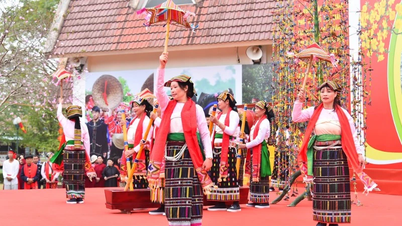
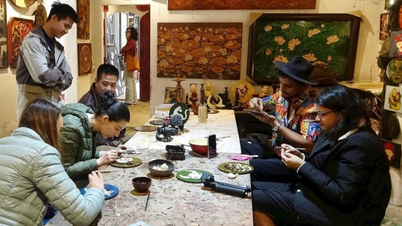





































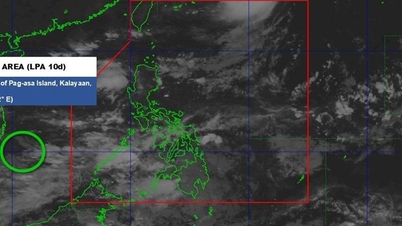
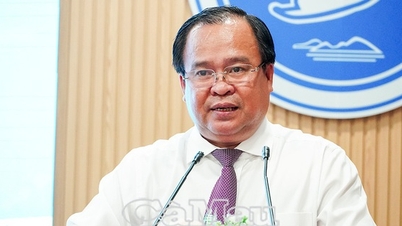

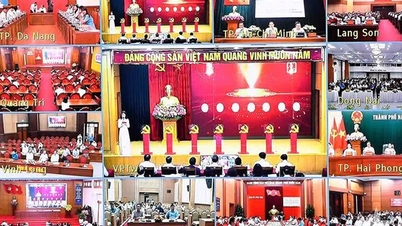




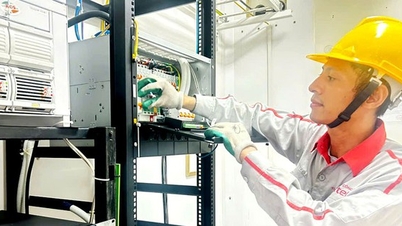
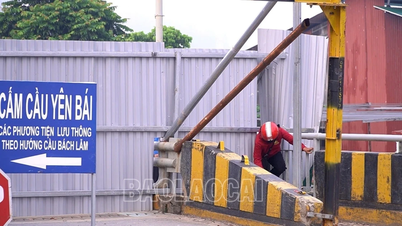

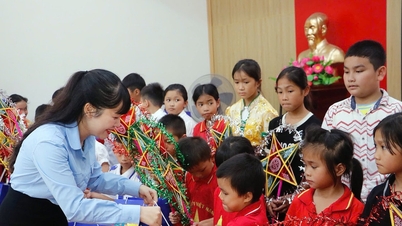

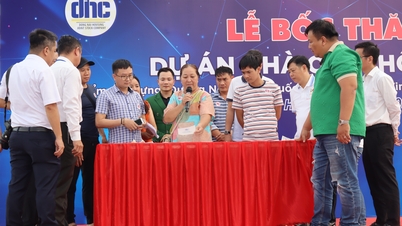


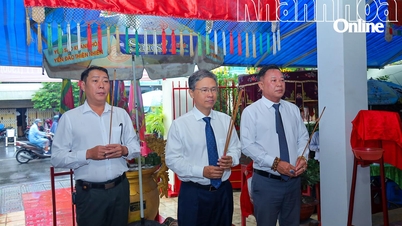
















Comment (0)